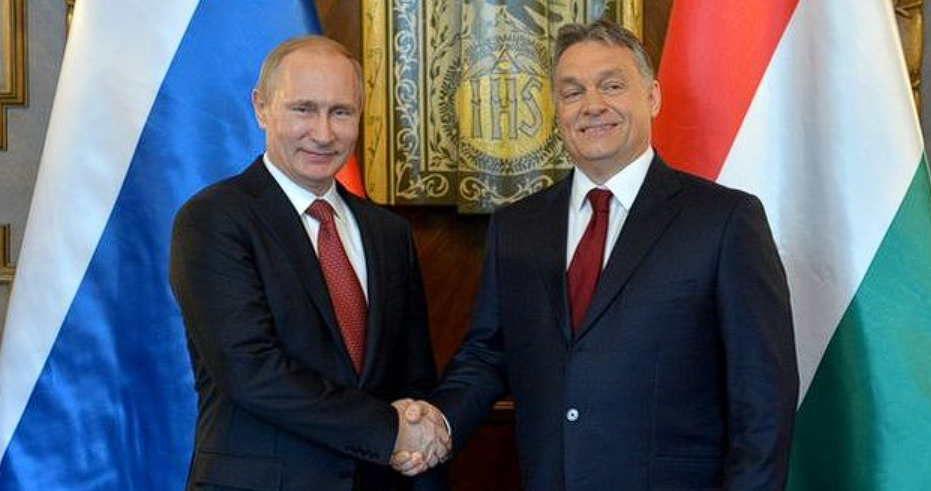Hungary Might Unblock EU Aid for Ukraine.
Others are reading now
According to a report by Politico on January 9, Hungary has indicated a potential shift in its stance regarding the European Union’s 50 billion euros ($55 billion) aid package for Ukraine. Citing three EU diplomats, Politico revealed that Hungary might agree to lift its veto if the aid is subject to an annual review.
This development comes as Ukraine enters its third year of full-scale war with Russia, making the EU funding vital for the nation’s resilience and recovery efforts.
Hungarian Prime Minister Viktor Orban initially blocked the four-year financial support package for Kyiv at a December summit. However, EU leaders are preparing to revisit this discussion in a meeting scheduled for February 1.
Politico’s report suggests that Budapest’s withdrawal of opposition hinges on the European Council’s unanimous agreement to approve the funding annually. Such a stipulation could enable Orban to leverage potential concessions by threatening a veto during each subsequent yearly vote.
Also read
Despite this potential breakthrough, skepticism remains among some EU diplomats. They express concerns that an annual approval scheme could compromise the stability and predictability of future support for Ukraine. This uncertainty stems from the possibility of political dynamics influencing each year’s decision.
In a recent development, Hungary proposed during a January 5 EU budget experts’ meeting, and in a document to the Belgian Council presidency, to structure the funding for Kyiv on a yearly basis, starting from 2023. This approach would entail allocating 12.5 billion euros ($13.7 billion) annually in grants and loans, accumulating to the total proposed aid of 50 billion euros ($55 billion).
The proposed aid for Ukraine is a segment of a larger review of the EU’s Multiannual Financial Framework (MFF), encompassing a 100 billion euros ($110 billion) budget.
In light of these developments, EU leaders are contemplating alternative funding strategies for Ukraine, should Hungary’s conditional support not materialize. European Commission President Ursula von der Leyen has stated that the Commission is exploring “operational solutions” to assist Ukraine, should Hungary continue its opposition to the proposed aid package.


